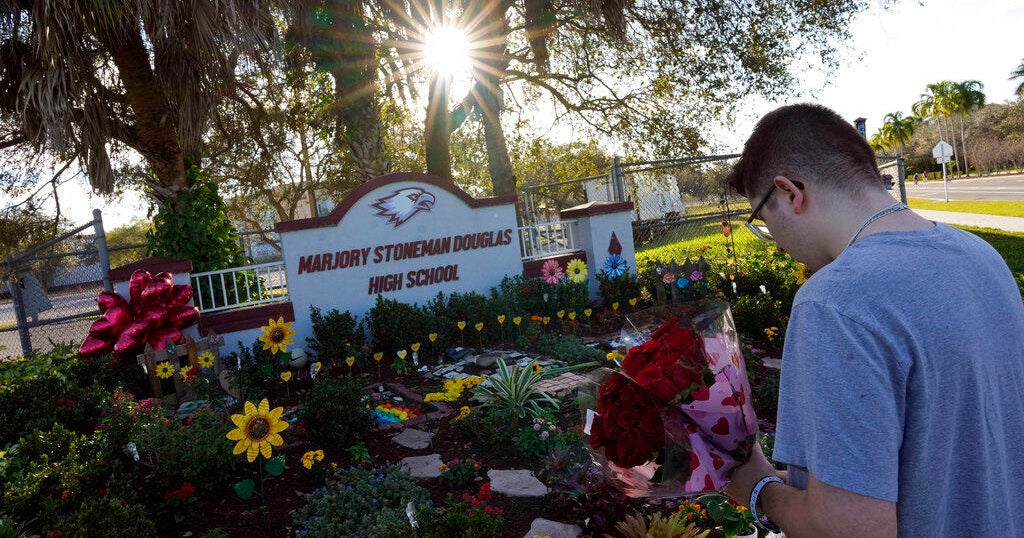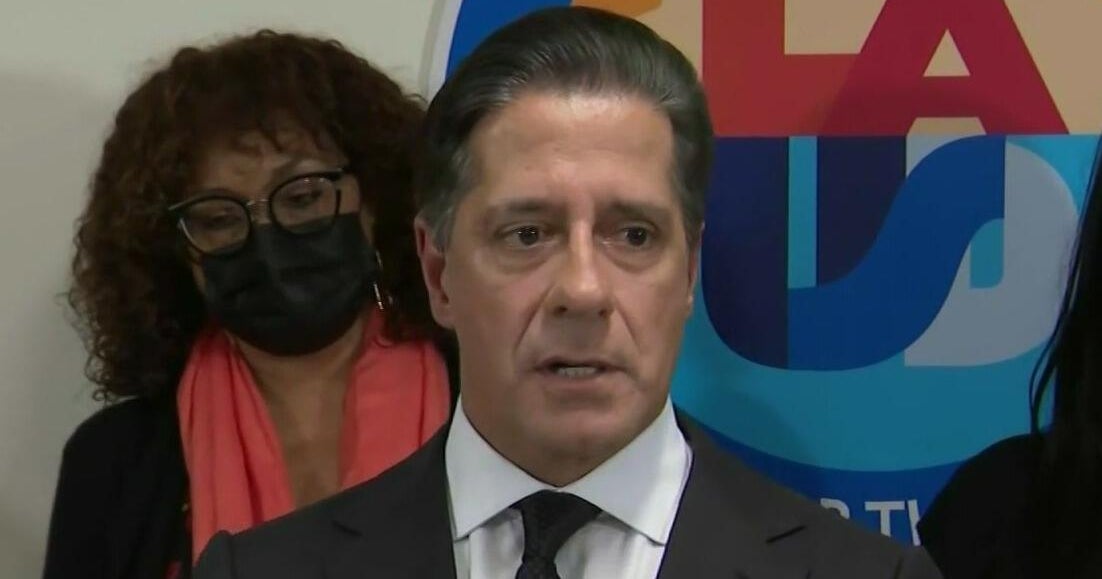Families of Parkland shooting victims are speaking out against the National Rifle Association‘s push to overturn a Florida law that raised the minimum age to buy a gun from 18 to 21, a measure enacted after the 2018 massacre at Marjory Stoneman Douglas High School.
The NRA is now asking the U.S. Supreme Court to strike down the law, drawing fierce criticism from those still grieving the loss of loved ones.
A law born from tragedy
Debbie Hixon’s husband, Chris Hixon, was one of 17 people killed in the Parkland shooting. He died trying to disarm the gunman.
“He ran into the building to try and disarm the shooter,” Hixon recalled.
In the wake of the shooting, Florida legislators responded by raising the legal age to purchase firearms. That law, passed with bipartisan support, has faced repeated challenges since – primarily backed by the NRA.
NRA argues for adult gun rights
The NRA contends that the law violates the constitutional rights of 18- to 20-year-olds. In a statement to CBS News Miami, John Commerford of the NRA Institute for Legislative Action said:
“Americans 18 years of age and older are considered adults who can vote, enter into contracts, marry, and enlist and fight for our country. Those same adults are also guaranteed the right to defend themselves through the Second Amendment to the U.S. Constitution.”
The group has appealed to the Supreme Court, citing conflicting rulings in lower courts over similar age-based firearm restrictions.
A mother’s frustration and hope for finality
Hixon, who has advocated for gun safety legislation since her husband’s death, expressed frustration that the law continues to face legal and political challenges – despite its public support and connection to one of the deadliest school shootings in U.S. history.
“There’s no line of 18-year-olds that are demanding this right. There’s just none,” she said. “I’ve been to a number of the sessions and sat in there. There’s two older gentlemen that are from the NRA that complain about it, but there’s no 18-year-olds that are demanding this opportunity.”
For three consecutive years, Florida lawmakers in the state House have voted to repeal the law, but each time, the measure has stalled in the Senate.
Hixon hopes a final ruling from the nation’s highest court will settle the issue once and for all.
“If the Supreme Court says that the law is constitutional and they’ll uphold the law, then we won’t have to hear about it again,” she said. “It would be really nice not to have it come back again.”



